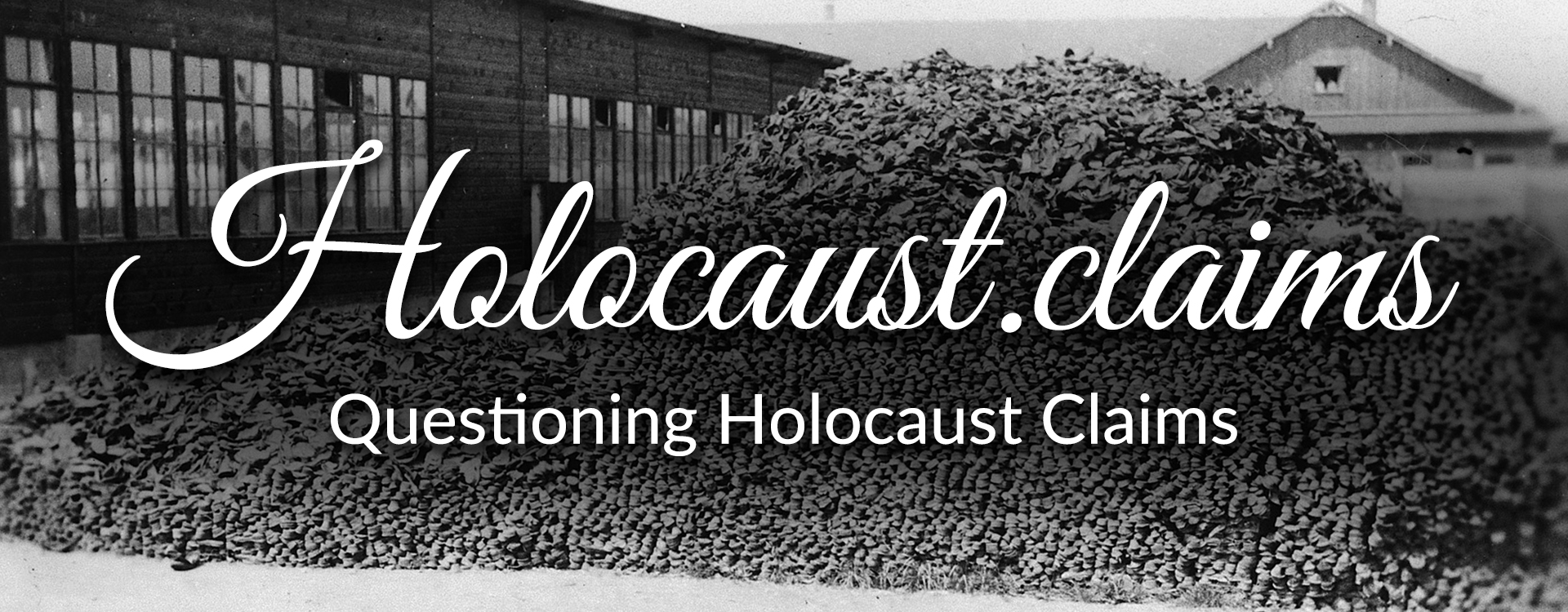The three major sources for this article are Who Started WW2? by Udo Walendy (pages 110-123), 1939 – The War That Had Many Fathers by Gerd Schultze-Rhonhof (pages 191–212), and Hitler’s Revolution by Richard Tedor (pages 122–131).
From the time of the May Crisis leading up to the Munich conference itself (September 29th and 30th, 1938), Edvard Beneš both received support and had that support recanted or thwarted. In England, France, and the US, there were factions that wanted peace and factions that wanted war. The USSR wanted to support Czechoslovakia in the case of aggression from Germany, but both Hungary and Poland refused to allow Soviets troops to move through their borders. You’ll have to remember that the Czech government had been mistreating Polish and Hungarian nationals in their country.
One person rooting for war was Colonial Minister Mandel, who was a Jew living in France. He sent a letter to Beneš on September 20th, 1938. Mandel told Beneš that he should not let Paris or London dictate his position and if he fired the first shot in self-defense, “[t]he cannons of France, Great Britain and Soviet Russia will begin to shoot as though of themselves.” (Schultze-Rhonhof, page 195).
Roosevelt was also gunning for war. From Paul Craig Roberts:
Sir Ronald Lindsay, the British Ambassador to Washington, confirmed Roosevelt’s secret policy to instigate war against Germany with the release of a confidential diplomatic report after the war. The report describes a secret meeting on Sept. 18, 1938, between Roosevelt and Ambassador Lindsay. Roosevelt said that if Britain and France were forced into a war against Germany, the United States would ultimately join the war. Roosevelt’s idea to start a war was for Britain and France to impose a blockade against Germany without actually declaring war. The important point was to call it a defensive war based on lofty humanitarian grounds and on the desire to wage hostilities with a minimum of suffering and the least possible loss of life and property. The blockade would provoke some kind of German military response, but would free Britain and France from having to declare war. Roosevelt believed he could then convince the American public to support war against Germany, including shipments of weapons to Britain and France, by insisting that the United States was still neutral in a non-declared conflict.
In England Winston Churchill led the war hawks. Image below is related.
Hitler was no fool. While he intended to do all he could to prevent war, he was also prepared in case the Sudeten problem could not resolve peacefully. Yes, that’s right—Hitler was trying to prevent violent conflict. Hitler avoided armed aggression by employing diplomacy. On September 15th, he met with British Prime Minister Neville Chamberlain. This set into motion the creation of a British-French proposal to Czechoslovakia to concede the Sudeten regions to Germany. The letter was delivered to Beneš on September 19th. He had until the 21st to reply. The Czech government initially refused, but then accepted after France and Britain made it clear that they would not back Beneš up in the event of an attack from Germany.
Before we finally get to the Munich Conference, we need to discuss the meeting in Bad Godesberg that took place from the 22nd to the 24th of September. During this meeting, Chamberlain reported the adoption of the British-French proposal to Hitler. But Hitler had more demands. The first was to make the same regulations for the Hungarian and Polish minorities. The second was to occupy the Sudetenland within four days.
Why the sudden demands? Since the initial meeting with Chamberlain earlier in the month Hitler had received new information from Prague government phone lines, which ran through Germany. Plans to gain time until the replacement of the doves with the war hawks were openly discussed on these phone lines. Secondly, Hitler has learned about Mandel’s aforementioned letter to Beneš. Even as the meeting in Bad Godesberg took place, Beneš called 1.3 million soldiers to arms. It was obvious that Beneš no longer accepted the concession.
This finally brings us to the Munich Conference. During the proceedings, my favorite Italian dictator, Benito Mussolini, took over the moderation. He was aided by his functional knowledge of English, French, and German. Despite the request of Chamberlain, Hitler will not allow any Czech representatives to attend. Good for Hitler.
There was much struggle, but after working together Hitler and Mussolini were victorious in getting the German proposal agreed to. The main points were as follows:
- The Czech government has 10 days to pull out of the Sudeten region.
- An international committee, including Czechoslovakia, will resolve territorial disputes by holding referendums in additional areas to determine their affiliation.
- A six month voluntary population exchange.
- All Sudeten Germans are given the right to be released from Czech police and military service.
This agreement of the four powers—England, France, Germany, and Italy—was disclosed to the Czechs by French and English ambassadors. It was presented as a verdict without the possibility of appeal and with the urgent recommendation for it to be accepted without delay.
This was a win for Germany, but the story doesn’t end here. Continue to part four where the aftermath of the Munich Conference is discussed.

